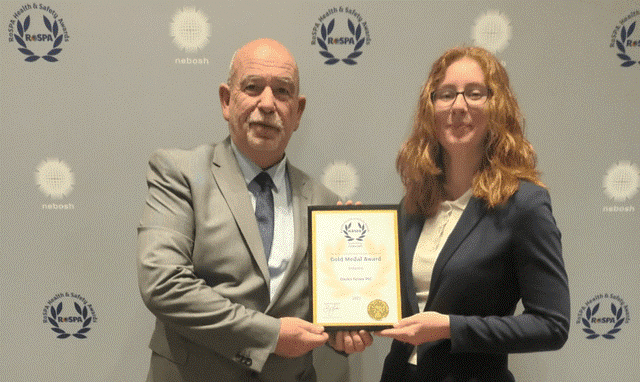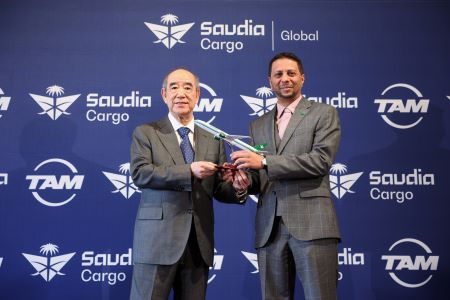ITM Editor, Rebecca Spayne, catches up exclusively with Dr Juanita Maree, CEO of the South African Association of Freight Forwarders (SAAFF)
What is The South African Association of Freight Forwarders (SAAFF) ‘s vision?
Our vision is to be the APEX body for logistics, freight forwarding and Supply Chain management, not just in South Africa but in Sub-Saharan Africa as well. We aim to bring exceptional value to our members and the industry, by actively engaging in research and development initiatives, fulfilling a significant advocacy role and providing capacity-building opportunities.
How has the Coronavirus pandemic impacted freight forwarding in South Africa?
The COVID-19 pandemic has undoubtedly tested the resilience and adaptability of every player in the supply chain. The freight forwarding and logistics industry felt the effects of various misalignments between the commercial realities of moving essential goods and the ever-changing instated health protocols at different stages in the supply chain. Indeed, this was not just a South African phenomenon but a global one. Many freight forwarders globally have had to come to terms with a vastly different operating landscape typified by congestion, limited staffing and equipment availability, and stratospheric freight rates, which were unprecedented.
In South Africa, specifically, limited human resources and varying health protocols at ports of entry/exit and land border posts caused massive delays and consequent indirect costs to the cargo owner. The challenge for freight forwarders was communicating the issues at hand and finding scalable customer solutions, with limited resources and information. Global supply chain visibility and schedule reliability dropped to an all-time low, drastically changing consumer behaviour towards direct capacity options, wherever it was possible. A lack of container resources and skyrocketing container freight rates put various shippers, together with freight forwarders, at a crushing disadvantage. Not to mention the effects of the local challenges South Africa had to bear, including the July unrest, as well as the hacking of Transnet’s operating systems in 2021. As a result, many contractual obligations were not met. Customers, together with freight forwarders, were left with very few options in mitigating risks and consequential losses.
On the other hand, movement and contact restrictions, as well as emerging technology, motivated many supply chain operators to find new ways to work, communicate, and develop. In addition, a powerful notion of cooperation and collaboration was formed, not only between various industry bodies, but also between private and public sector stakeholders. An uptake in stakeholder engagements, many of which are ongoing, has brought about several new and exciting possibilities!
To see the full interview please see our January/February issue here: January/February 2022 Single Issue form – International Trade Magazine (intrademagazine.com)
Media contact
Rebecca Morpeth Spayne,
Editor, International Trade Magazine
Tel: +44 (0) 1622 823 922
Email: editor@intrademagazine.com





